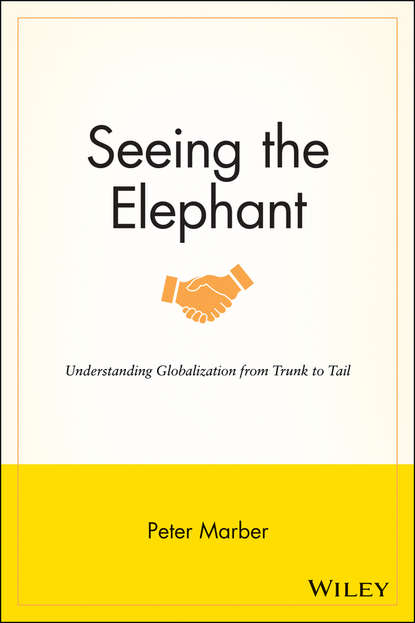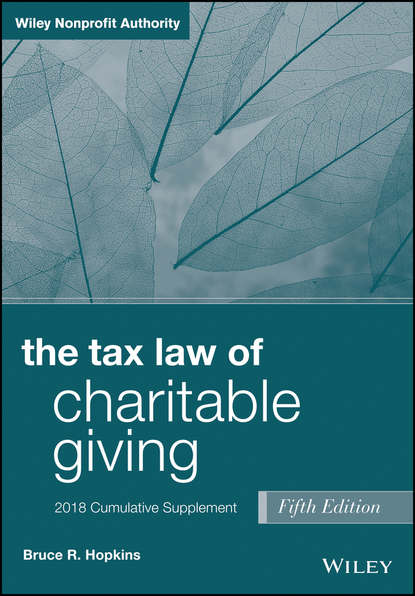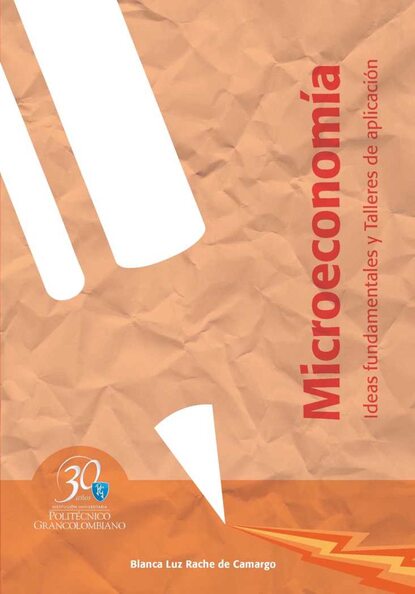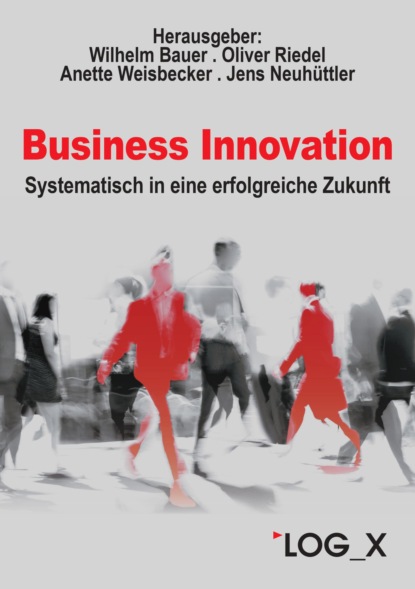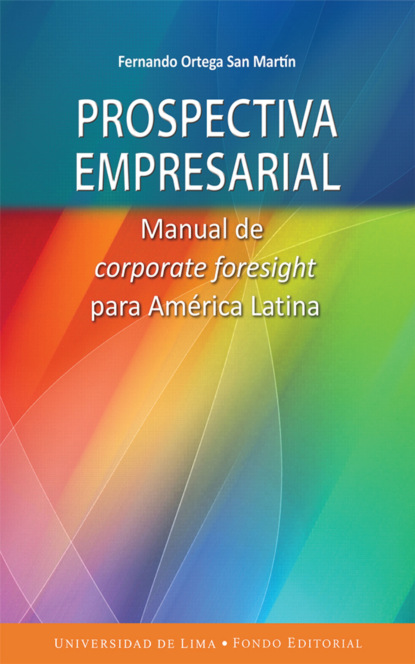Книга "Seeing the Elephant. Understanding Globalization from Trunk to Tail" написана экспертом по развивающимся рынкам Питером Марбером. В ней описывается, как глобализация меняет геополитический ландшафт нашего мира, увеличивая экономическую интеграцию и создавая новых участников мировой системы. Автор объясняет, что США, будучи самой важной экономикой, не может игнорировать интересы других экономических гигантов, таких как Китай, Россия, Индия и Бразилия. Кроме того, глобализация создала тысячи негосударственных акторов, таких как корпорации, банки, хедж-фонды, активисты и даже террористы, которые также вносят свой вклад в мировую систему. В условиях глобализации успех США тесно связан с успехом их соседей. Однако, некоторые решения, принятые США в последнее время, например, вторжение в Ирак или несоблюдение важных международных договоров, показали недостаточное уважение к новым игрокам.
В книге автор анализирует мегатренды и взаимосвязи в 21 веке и предлагает аудитории бизнесменов, политиков и интересующихся граждан решения, как США могут сохранить лидерство в новой глобальной арене. Книга "Seeing the Elephant" дает ясное понимание глобализации и вызывает на размышление о том, какие изменения нужны в международных институтах и организациях, чтобы они продолжали оставаться актуальными и представлять интересы мировой системы.
Thanks to globalisation, more countries now depend on each other than ever for trade, capitals, and products. But politically, they are drifting even further apart - what are the causes of this geopolitical drift? What can America do about it? This is exactly the question tackled by Peter Marber in his book: Seeing the elephant: Understanding globalisation from trunk to tail.
Электронная Книга «Seeing the Elephant. Understanding Globalization from Trunk to Tail» написана автором Peter Marber в году.
Минимальный возраст читателя: 0
Язык: Английский
ISBN: 9780470451465
Описание книги от Peter Marber
Thanks to globalization, more countries depend on each other for trade, capital, and ideas than ever before. Yet politically, these countries are drifting further apart. In Seeing the Elephant, author and emerging markets expert Peter Marber describes how increasing economic integration and the rise of new actors is drastically altering the geopolitical landscape, and offers insights on how the US can maintain a leading role in the 21st century and beyond. While America remains the single most important economy today, rising economic powerhouses – China, Russia, India, Brazil and others – bring a diverse set of interests to the table that the US cannot afford to ignore, Marber explains. Moreover, globalization has created thousands of non-state actors – corporations, banks, hedge funds, activists and even terrorists – who bring their own concerns to bear on the world system. In the era of globalization, America's success hinges on the success of its neighbors, too. Yet from its invasion of Iraq to its disregard of major treaties – some recent US choices have shown little regard for these new players. As the lines between economic, defense, environmental, immigration, and energy policy become increasingly blurred, having a holistic and coherent approach to cross-border challenges is essential. Yet the forums and institutions that once coordinated these relationships – the UN, World Bank and the G7— are losing relevance and no longer adequately represent the world's expanded power roster. To remain vital, Marber believes all our multilateral institutions will require fresh ideas and revamping. Seeing the Elephant demystifies globalization, and analyzes the megatrends and interconnections of the 21st century. With bold suggestions on how America reassert its historic leadership in the new global arena, Seeing the Elephant should be required reading for policy makers, businessmen and informed citizens alike.
